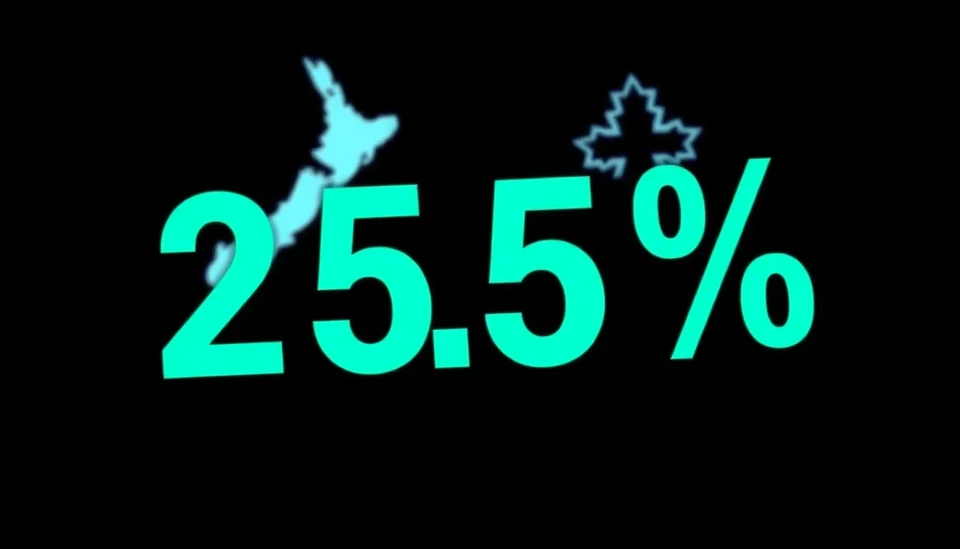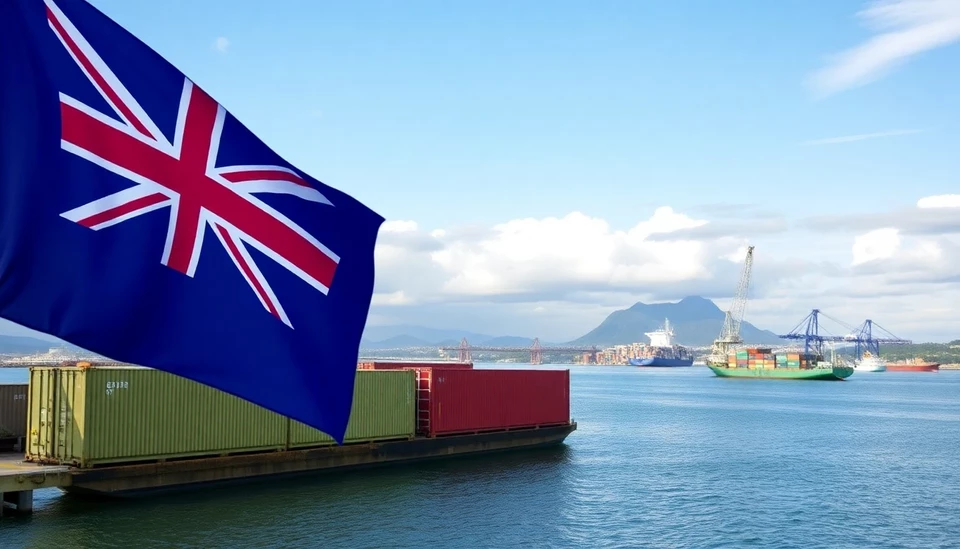
In a significant stride towards addressing climate change, New Zealand has announced a new policy that will allow for the implementation of carbon capture and storage (CCS) technologies. This innovative approach aims to drastically reduce the nation's greenhouse gas emissions and bolster its commitments to achieving carbon neutrality by 2050.
The initiative comes as part of the government's broader strategy to transition to a low-emission economy. New Zealand Prime Minister Chris Hipkins outlined the policy details during a recent press conference, emphasizing the importance of both reducing reliance on fossil fuels and enhancing the country's environmental sustainability efforts.
Under the new policy framework, the government will facilitate the development of CCS projects across various industries, including agriculture, energy, and manufacturing. The aim is to capture carbon dioxide emissions at their source and securely store it underground, preventing it from entering the atmosphere. This is particularly crucial for industries that are difficult to decarbonize, where emissions are hard to eliminate entirely.
New Zealand's approach to CCS is influenced by successful implementations seen in other countries, which have demonstrated that this technology can play a vital role in climate change mitigation. By investing in CCS, New Zealand hopes to not only meet its emission targets but also advance scientific research and create green jobs.
As part of the rollout, the government plans to offer financial incentives and support for companies that invest in carbon capture technologies. This initiative not only fosters technological innovation but also aims to stimulate job creation in the emerging green technology sector.
While many environmentalists welcomed the move, some have expressed caution, urging the government to also prioritize renewable energy sources and other sustainable solutions. Critics argue that over-reliance on carbon capture could potentially lead companies to delay transitioning away from fossil fuels. However, government officials remain firm in their stance that CCS will complement renewable energy efforts rather than replace them.
The announcement has sparked discussions around the world, shining a spotlight on New Zealand's commitment to combatting climate change. With this policy, the country aims to set a precedent for other nations seeking ways to reconcile economic growth while safeguarding the planet.
As the policy gears up for implementation, New Zealand will be closely monitored by the international community. The success of this initiative could pave the way for more ambitious climate action strategies globally, showcasing the effectiveness of carbon capture as a pivotal tool in the fight against climate change.
With its ambitious carbon neutrality target and commitment to innovative environmental solutions, New Zealand is positioning itself as a leader in sustainability, demonstrating that it is possible to balance economic needs with ecological responsibility.
As this groundbreaking policy rolls out, stakeholders from various sectors are poised to engage with the new framework, exploring the potential benefits and challenges that lie ahead.
#NewZealand #CarbonCapture #ClimateAction #GreenTechnology #Sustainability #CarbonNeutrality #ClimateChange
Author: Peter Collins




